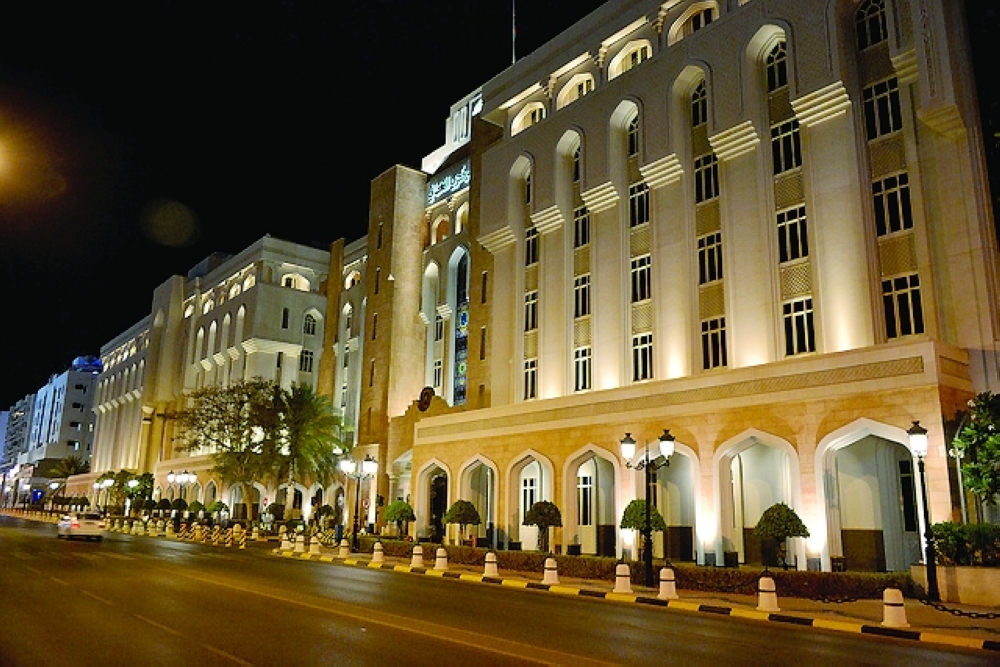

Welcome measures: The IMF has voiced confidence that the Omani economy is expected to gradually recover from the pandemic and strengthen over the medium term
The International Monetary Fund (IMF) has lauded the Omani government’s response to the pandemic alongside its efforts to alleviate its impacts on the local economy and vulnerable sections of the population.
A report following the recent conclusion of Article IV consultations with the Omani government also endorsed fiscal reforms and strategies adopted by authorities to aid the country’s financial stability and recovery.
“The authorities have acted decisively to address the health and economic effects of the Covid-19 pandemic,” the world body stated in its report published on Tuesday. “While gradual recovery is expected in 2021 and beyond, combating the pandemic and mitigating its effects remains the key near-term priority until the recovery is firmly established,” it noted.
According to the IMF, containment measures and health support to the population have limited the cases and fatalities associated with the pandemic. Fiscal, monetary, and financial support measures introduced by the government have been deployed to ease the burden on households, firms, and banks, it said.
Significantly, the Fund voiced confidence that the Omani economy is expected to gradually recover from the pandemic and strengthen over the medium term”.
Citing official provisional data, it noted that that real GDP contracted by 2.8 per cent in 2020, with non-hydrocarbon growth at -3.9 per cent and a shallower decline in hydrocarbon GDP. “Benefiting from the projected modest increase of hydrocarbon production, overall GDP is projected to grow around 2.5 per cent in 2021 with about 3 per cent average growth over the medium term. Non-hydrocarbon GDP growth of 1.5 per cent is projected for 2021, as vaccine rollout gradually restores domestic economic activity along with the recovery of external demand. Thereafter, it increases gradually over the medium term as the impact of fiscal adjustment subsides, reaching 4 per cent in 2026. Inflation turned negative in 2020 owing to subdued demand, but it is expected to increase to 3 percent in 2021 given the introduction of VAT and recovery in aggregate demand, before declining to about 2.5 per cent over the medium term,” the IMF stated.
Additionally, the report foresees considerable improvement in Oman’s fiscal and external balances over the medium term. After deteriorating sharply in 2020 to a deficit of about 19.3 per cent of GDP, reflecting lower oil revenue and a slump in economic activity, the fiscal balance is projected to improve to -2.4 per cent of GDP in 2021, it said. It attributed this improvement to a number of factors: recovery of hydrocarbon revenue beyond that anticipated in the MTFP, hiving off hydrocarbon expenditure to Energy Development Oman (EDO), significantly higher nominal GDP reflecting a rebound in hydrocarbon prices, and fiscal adjustment measures. Furthermore, after rising to 13.7 per cent of GDP in 2020, the current account deficit is expected to decline to 0.6 per cent of GDP over the medium term due to fiscal consolidation and higher trade balance surplus, it said.
Omani banks are well-capitalised and liquid, the report said. It noted however a slight uptick in the non-performing loans ratio, while profitability has declined and credit risk is a concern going forward. In this regard, it urged the Central Bank of Oman to continue to have a forward-looking assessment of banks’ asset quality and ensure adequate capital buffers to withstand credit risks if they materialize. Extending loan moratoria should be data-dependent and increasingly targeted to distressed but viable borrowers, it stressed.
The report also welcomed the efforts of Oman Investment Authority (OIA) to reform state-owned enterprises (SOEs), noting that the move would “enhance competition” and achieve “more efficient use of public resources”.
“The OIA’s plan to enhance the efficiency and governance of SOEs and privatise some of the SOEs is progressing well,” said the Fund. “The near-term priorities should continue to be strengthening corporate governance by publishing audited financial statements, assessing each entity’s business strategy and public policy considerations, and mitigating financial exposures including intra-public sector assets and liabilities. OIA and Capital Market Authority are working together to develop a Code of Governance for SOEs to strengthen corporate governance, making it easier for SOEs to go through initial public offerings, and meet the required transparency,” it added.
Oman Observer is now on the WhatsApp channel. Click here


